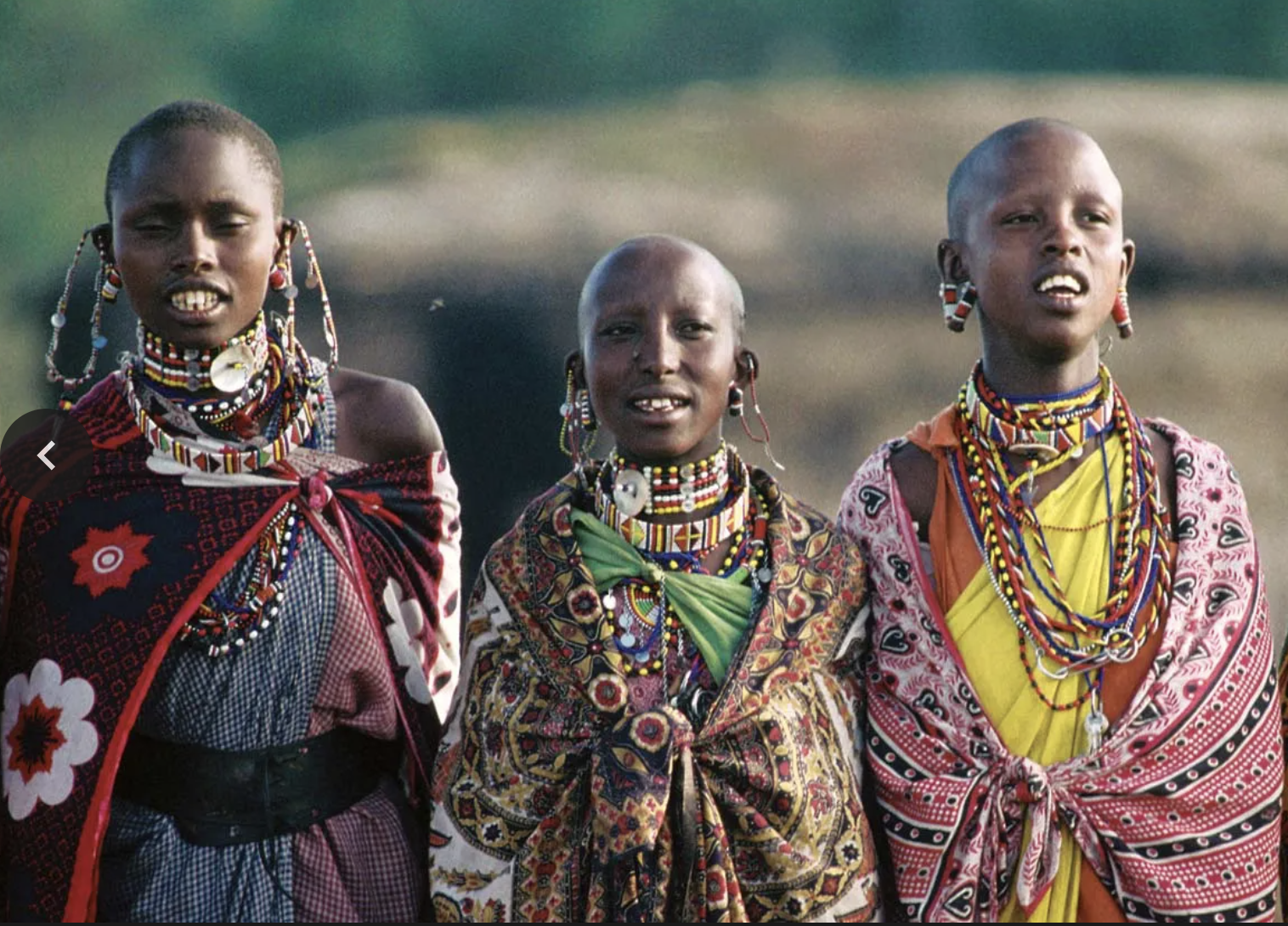
From the clicking consonants of the Khoisan languages in Southern Africa to the tonal melodies of Swahili in East Africa, and from the complex grammar of Yoruba in West Africa to the rhythmic cadence of Amharic in the Horn of Africa, Africa’s linguistic mosaic is as vibrant as it is intricate.
Multilingualism is a way of life for many Africans, with individuals often fluently speaking two or more languages, whether it’s their mother tongue, a regional dialect, or an official language inherited from colonial rule.
This linguistic richness is not only a testament to Africa’s cultural heritage but also a source of pride and identity for its people. In recent years, there has been a growing recognition of the importance of preserving and promoting indigenous languages.
Initiatives across the continent aim to safeguard endangered languages, revitalize dialects on the brink of extinction, and integrate indigenous languages into educational curricula and public discourse.
One such initiative is the African Union’s Year of Indigenous Languages, which was launched in 2019 to raise awareness about the importance of preserving Africa’s linguistic heritage. Through workshops, cultural events, and advocacy campaigns, the Year of Indigenous Languages seeks to promote linguistic diversity as a fundamental aspect of Africa’s cultural identity.
In addition to governmental efforts, grassroots organizations, language activists, and scholars are also playing a crucial role in preserving indigenous languages. From documenting oral traditions and creating language learning materials to organizing language revitalization workshops and community language schools, these efforts are vital for the survival and thriving of Africa’s linguistic diversity.
Furthermore, the digital age has opened up new possibilities for language preservation and revitalization, with online platforms, mobile apps, and social media being utilized to create digital archives, facilitate language learning, and connect speakers of endangered languages across borders.
As Africa continues to navigate the complexities of modernity and globalization, its linguistic diversity remains a source of resilience and strength. By embracing and celebrating multilingualism and indigenous languages, Africa honors its past, enriches its present, and paves the way for a more inclusive and culturally vibrant future.
